On Thursday, President Biden took the most significant steps to reform federal cannabis policy of any president in American history. While there is much more work to do, his executive actions fulfill his 2020 campaign promises, and of equal importance, his justification for those actions was centered on racial justice and civil rights. It is fitting framing because his actions will likely have an outsized impact on Black, Latino, and Indigenous Americans.
What Biden’s Cannabis Actions Entail
President Biden’s cannabis-related efforts were threefold. First, he announced a full and unconditional pardon for all individuals convicted of simple cannabis possession under federal law. While the vast number of cannabis arrests and convictions happen at the state level—a place presidential pardon power does not extend—this clemency will impact more than 6,500 Americans. Second, Mr. Biden encouraged governors to follow suit, using their pardon powers to do the same.
The president offered a clear justification for these moves: “criminal records for marijuana possession have led to needless barriers to employment, housing, and educational opportunities. And that’s before you address the racial disparities around who suffers the consequences. While white, Black, and brown people use marijuana at similar rates, Black and brown people are arrested, prosecuted, and convicted at disproportionate rates.” Here, the president echoes a widely understood reality around racial bias in the criminal justice system.
Third, the president asked the Secretary of Health and Human Services and the Attorney General to reconsider cannabis’ level of regulation under the Controlled Substances Act. Currently, cannabis falls under Schedule I—the highest level of control—making it an illegal substance under all circumstances. Additionally, Mr. Biden asked those officials to effectuate that review expeditiously.
The Impact of the Change in Cannabis Policy
As the president noted in his justification of exercising his pardon powers, people of color are disproportionately targeted by the War on Drugs generally and the War on Cannabis specifically. Not only are Black and brown Americans arrested on cannabis charges at higher rates, but we also know the bias doesn’t stop there. Research shows that prosecutions, conviction rates, and sentences are higher for non-whites than for whites.
While we do not know the precise demographic breakdown of the more than 6,500 people who the president pardoned, all evidence points to significant benefit flowing toward Black, Latino, and Indigenous people. In addition, while the president obviously cannot force governors to exercise their clemency powers, any governor who chooses to follow the president’s lead will also provide significant relief to communities of color. And that impact would be even more significant, given the vast majority of cannabis arrests that happen at the state level each year.
There also exists a real chance that the president’s decision will have broader impact and that his words will have a meaningful trickle effect within government. In taking his actions, Mr. Biden clearly signaled to his entire administration that he sees low-level cannabis enforcement to be wrong.
Those words provide a clear message to the Attorney General (among others), without formally forcing the Attorney General’s hand. This is an important distinction. The president has publicly noted a desire for the Justice Department to be independent and buffered from political puppeteering. He thus did not order Attorney General Merrick Garland to stop enforcing federal cannabis possession laws or to dismiss pending charges for the same, his preferences have been made clear. It would come as no surprise if Mr. Garland, in the coming weeks or months, announced both a federal non-enforcement policy for cannabis possession and directed U.S. Attorneys across the country to drop pending cannabis possession charges. Even if the Attorney General were to hold a different view than the president on this issue (which there is no evidence he does), it would be a waste of his department’s time and resources to pursue charges that a president will ultimately pardon.
Ultimately, the president has taken a few small but bold steps to move the federal government in the direction of cannabis reform. Although there is much work to be done in order to bring greater justice and humanity to the nation’s drug policy, there are two important takeaways from Thursday’s announcement. First, Joe Biden, a once-fierce Senate drug warrior and a leader in hardening criminal penalties for drug crimes in the 1980s and 1990s, was the president who took the most significant step to reverse those harms around cannabis. Second, the president’s actions were not justified because of business interests or solely because state-level cannabis reforms had been enacted. Instead, the core of his justification was racial justice, which has become the driving force in the cannabis policy conversation and will continue to be so for years to come. Thursday’s announcement could mark the first significant step in dismantling our nation’s disastrous and racist War on Drugs.
The Brookings Institution is committed to quality, independence, and impact.
We are supported by a diverse array of funders. In line with our values and policies, each Brookings publication represents the sole views of its author(s).
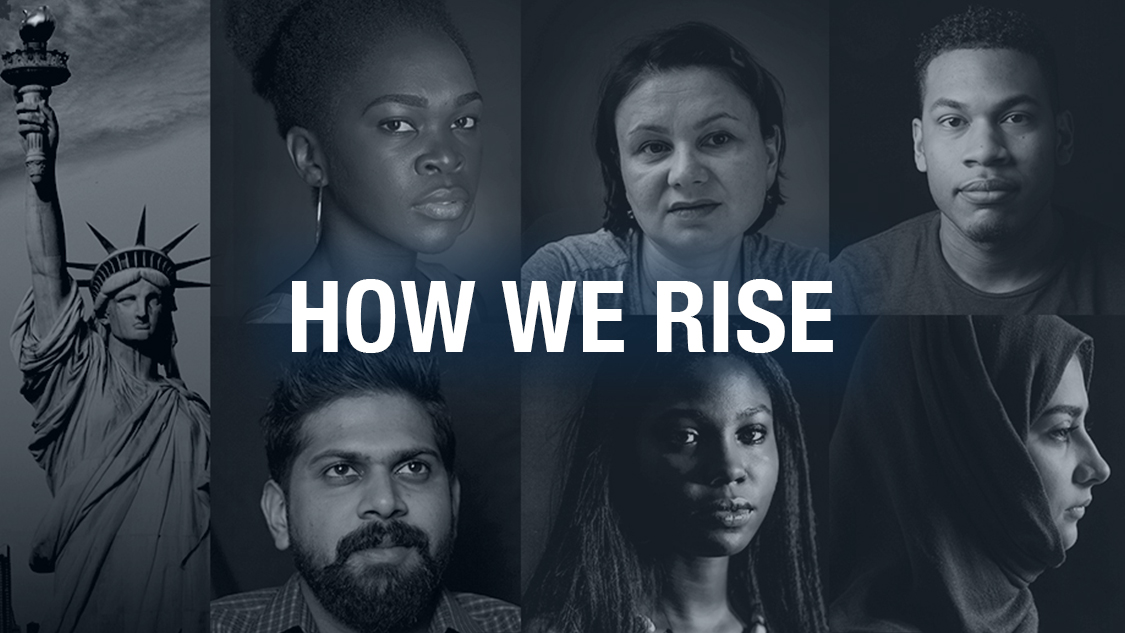
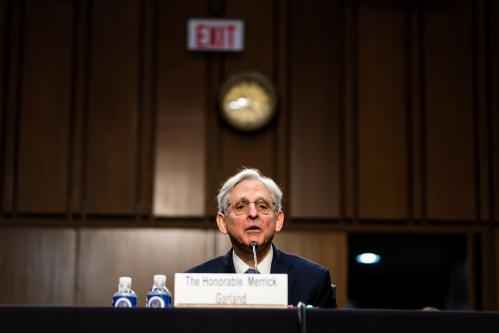
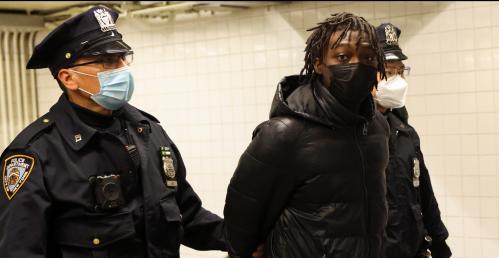
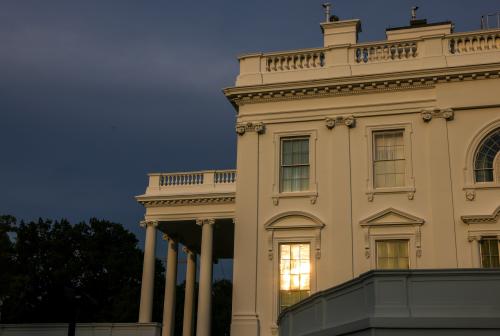

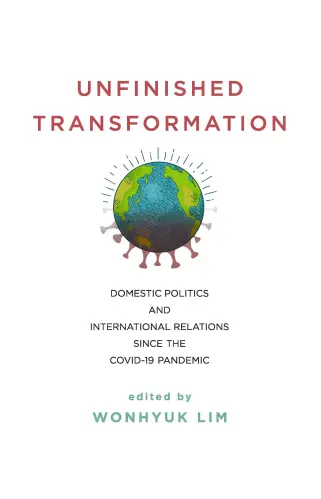


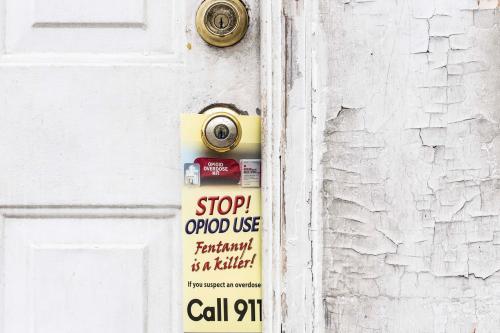

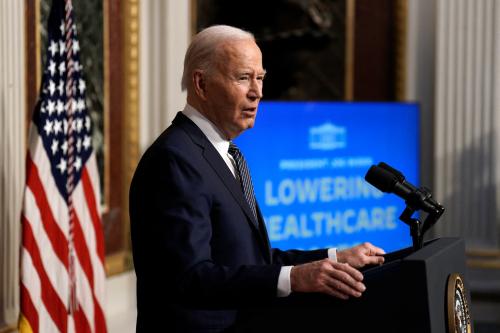
Commentary
Biden’s cannabis pardons: a long overdue reassessment of the War on Drugs
October 7, 2022